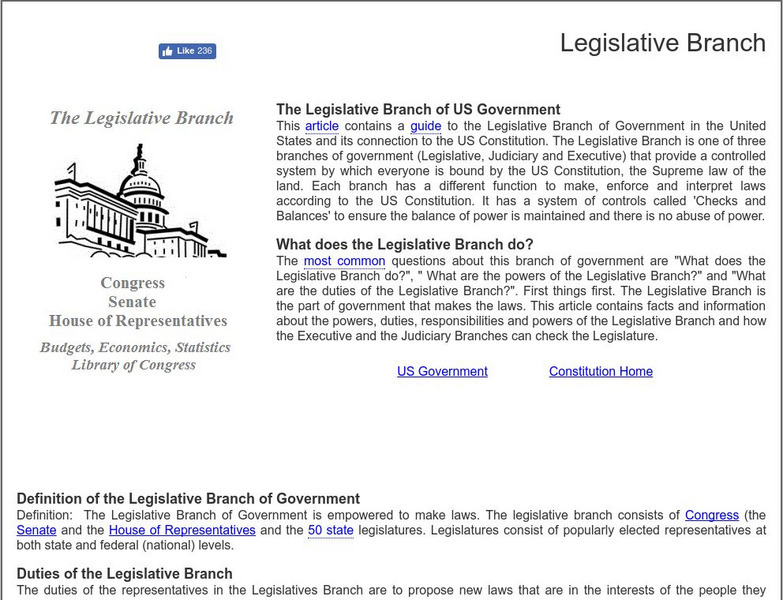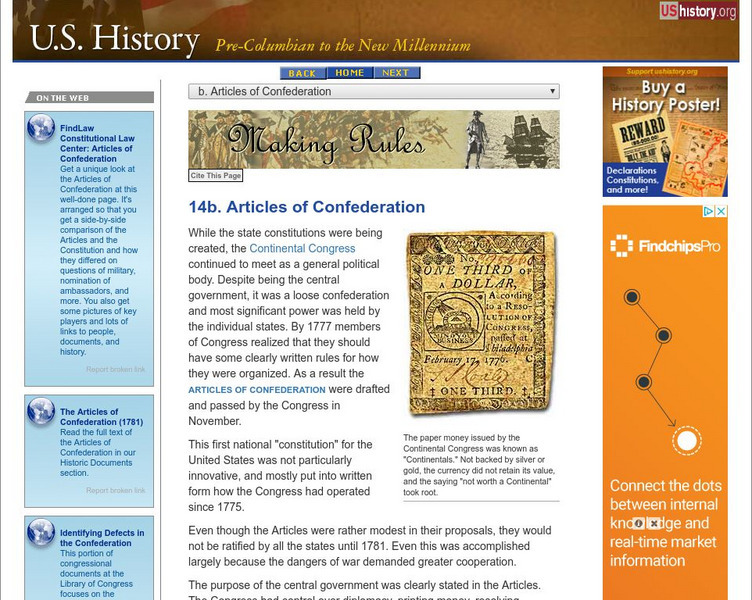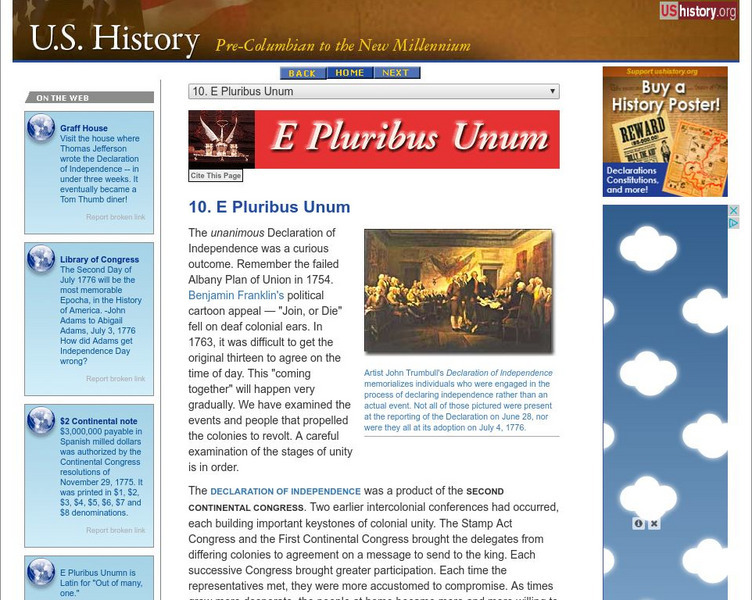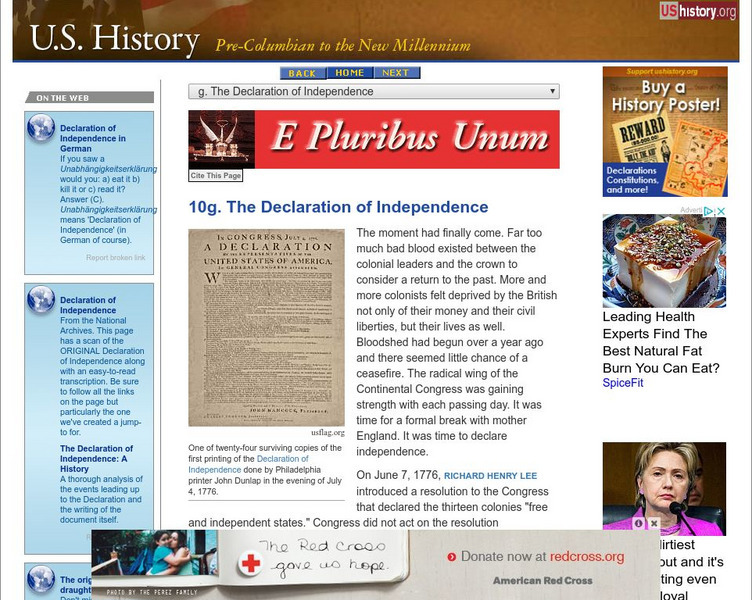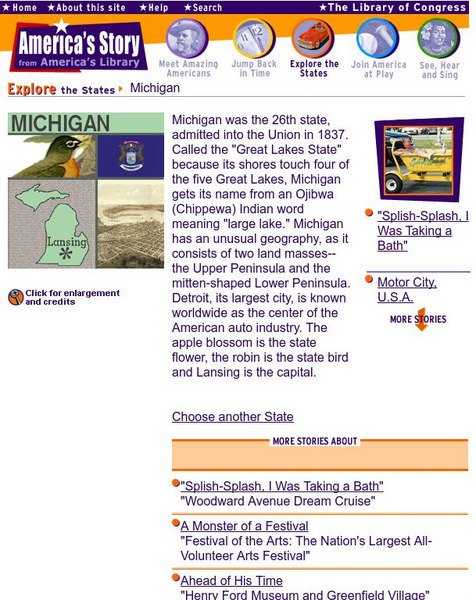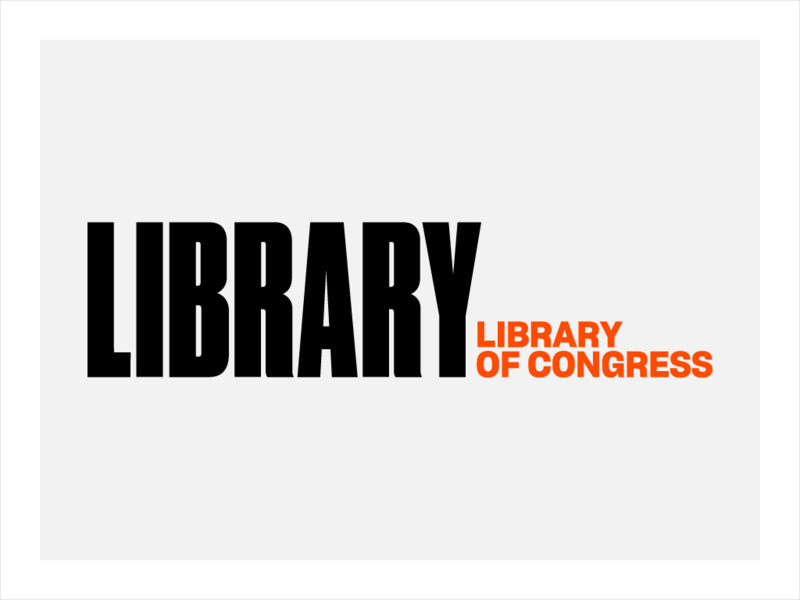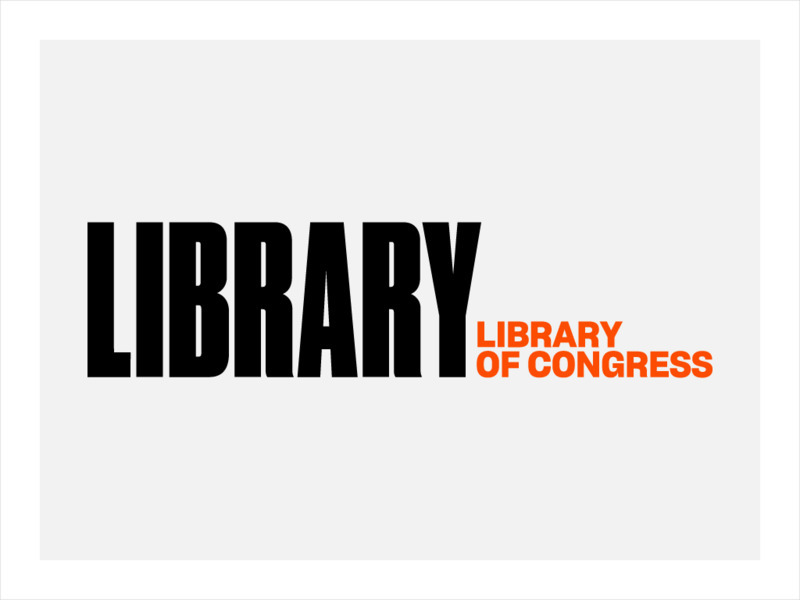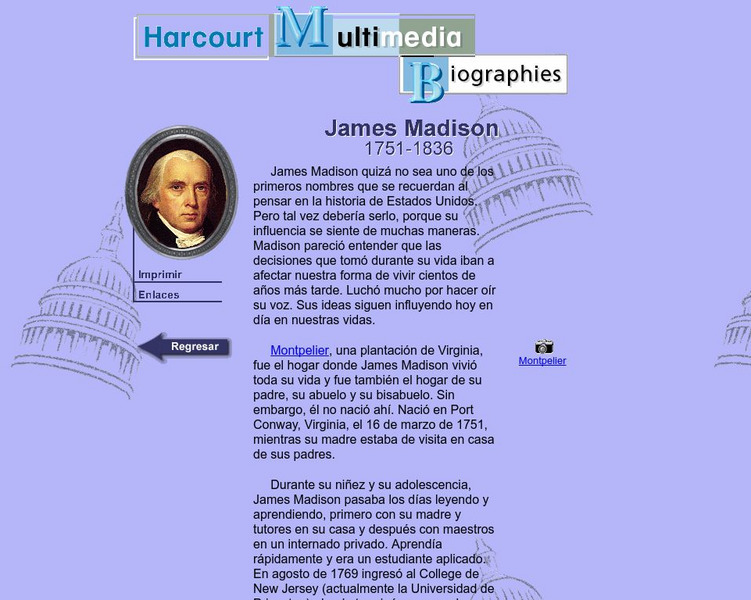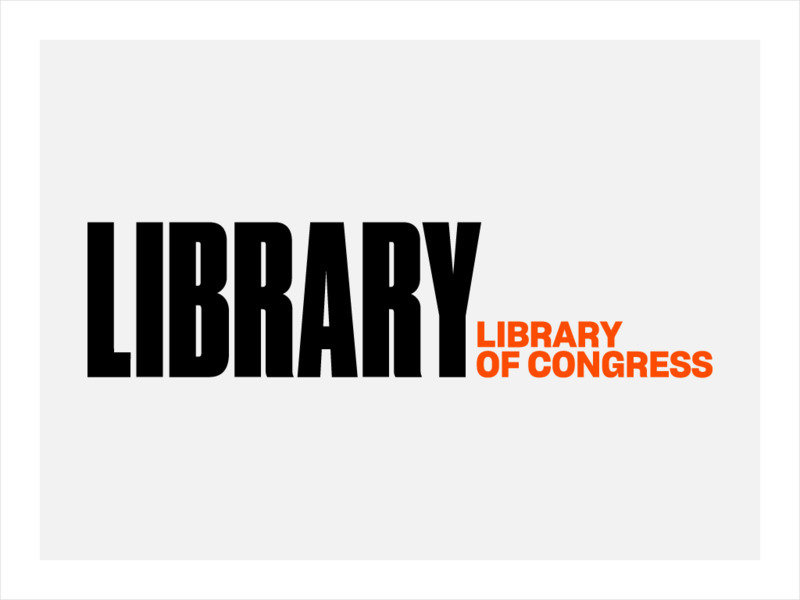Hi, what do you want to do?
Siteseen
Siteseen: Government and Constitution: Legislative Branch
Article covers the Legislative Branch of Government, the branch that makes the laws, and its connection to the US Constitution.
Alabama Learning Exchange
Alex: Comparing Classification Systems
In this lesson, students will be introduced to the Library of Congress Classification System. They will then compare this system to the Dewey Decimal System.
Alabama Learning Exchange
Alex: Where Can I Find That Book?
This lesson allows students to use current topics of study (e.g. the Stamp Act, the Boston Tea Party, the Intolerable Acts) to learn about the Library of Congress Classification System (LCC).
Alabama Learning Exchange
Alex: Calling All Books!
High school students learn the basic outline of the Library of Congress Classification system that is used in larger college and public libraries. The class will place a collection of books into the correct classifications. An...
Independence Hall Association
U.s. History: Making Rules
Follow the incremental process that the colonial leaders took over a ten-year period of time making new rules that would finally result in independence from Great Britain. See how many of them really didn't plan on independence, but that...
Khan Academy
Khan Academy: Sncc and Core
Read about the Congress for Racial Equality (CORE) and the Student Nonviolent Coordinating Committee (SNCC), two groups that played pivotal roles in organizing nonviolent protests during the Civil Rights Movement of the 1950s and 1960s.
Independence Hall Association
U.s. History: Articles of Confederation
During the Revolutionary War, it was necessary to put together some sort of central government, primarily to raise and pay an army. Read about the rules finally passed by Congress in 1777, called the Articles of Confederation. See what...
Independence Hall Association
U.s. History: E Pluribus Unum
The fact that the Second Continental Congress convened was evidence that the colonists had had enough from the British Parliament. Read about the ways the colonies finally began to work together and focus on a common plan, resulting in...
Independence Hall Association
U.s. History: Radical Reconstruction
Read about the frustration the Radical Republicans in Congress had with the Reconstruction plans of Andrew Johnson. Find out what legislation they were able to pass over Johnson's veto, and how they attempted to protect emancipated...
Independence Hall Association
U.s. History: Declaration of Independence
The idea behind the Declaration of Independence and the process of writing it involved a great deal of thought and hand-wringing. Read about the three separate parts of the declaration, and the audiences for which the document was aimed.
Independence Hall Association
U.s. History: Middle Colonies: The Ideas of Benjamin Franklin
A brief biography of Benjamin Franklin covering his career as a printer, philanthropist, inventor, and public servant.
Curated OER
Etc: Slavery and the Slave Trade, 1830 1850
A map of the United States during the period of 1850 to 1850 showing the effects of slavery, the slave trade, and the abolition movement on territorial development. The map uses colored patterns to indicate the areas and phases of...
Library of Congress
Loc: America's Story: Michigan
Discover the "Great Lakes State." Learn all of the different nicknames for Michigan. Library of Congress website gives us a wide range of information.
Library of Congress
Loc: Learning Page: Government Policy for Native Americans
Text and historically significant documents pertaining to the young US government's policies toward Native Americans.
Library of Congress
Loc: Learning Page: Party System
The Library of Congress provides a quick look at the American Party System.
Library of Congress
Loc: "I Do Solemnly Swear"
An online exhibit of historically pertinent items dealing with the inauguration of a number of US Presidents.
Thomson Reuters
Find Law: Article V: Judicial Review
A discussion of the proposition that ratification of constitutional amendments is exclusively within the purview of Congress, either because of commitment or because the courts lack basic criteria of determination to pass on them.
Houghton Mifflin Harcourt
Harcourt: Biographies: James Madison
A brief biography of James Madison. Find out why James Madison was called the father of the constitution. Learn how his life affected the United States. (In Spanish)
Other
Touro Law Center: William Marbury vs. James Madison
Transcript of the landmark court case that established the constitutional principle of judicial review. Judicial review is the concept that the federal judiciary has final power as to whether an act of the Congress or the Executive...
Library of Congress
Loc: Patriotic Melodies
The Library of Congress site profiles 26 American patriotic songs with commentary, supporting visual material, and recordings of "America the Beautiful," "Fanfare for the Common Man" and the like.
Siteseen
Siteseen: Government and Constitution: Declaration of Independence
The Declaration of Independence, made by the second American Continental Congress and adopted July 4, 1776, announced the separation of the original thirteen North American British colonies from Great Britain making them into the United...
Curated OER
Library of Congress: Teachers: Chinese Immigration to the Us
Group portrait of three Chinese children standing in a room in Chicago, Illinois, each holding an American flag and a Chinese flag.
Curated OER
The u.s. Capitol's Dome
Provides brief historical facts on the U.S. Capitol, home of Congress in Washington, DC.
ClassFlow
Class Flow: Government Glossary
[Free Registration/Login Required] In this lesson Activotes are used to access student's prior knowledge of the principles of the US constitutional government. Student knows the essential principles stated in the US Constitution-...





